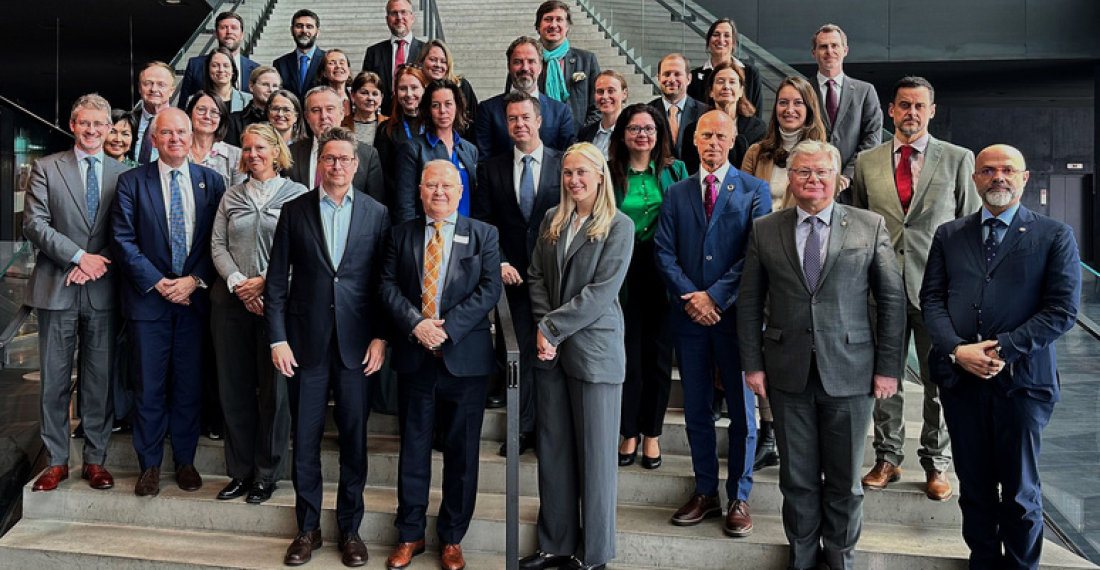On Tuesday (11 June), climate change envoys and representatives from 23 Allied nations met for the first time in Reykjavik, Iceland, to discuss how to further enhance cooperation in understanding and adapting to climate change's security implications.
Icelandic Foreign Minister Thórdís Kolbrún R. Gylfadóttir opened the meeting. Participants discussed recent developments related to climate change and security. These included the weaponisation of energy as part of Russia's war against Ukraine, and the need to avoid creating new strategic dependencies on potential adversaries and competitors for the mining and refining of these critical minerals through the green transition.
This first meeting of climate change envoys demonstrates the Allies' commitment to working together to address the security implications of climate change. Participants will meet regularly to strengthen coordination between national stakeholders further.
Since the adoption of its 2021 Action Plan on Climate Change and Security, NATO has focused its efforts on three main areas of action: understanding and mitigating the security implications of climate change, and adapting its forces to maintain their effectiveness in any environment.







